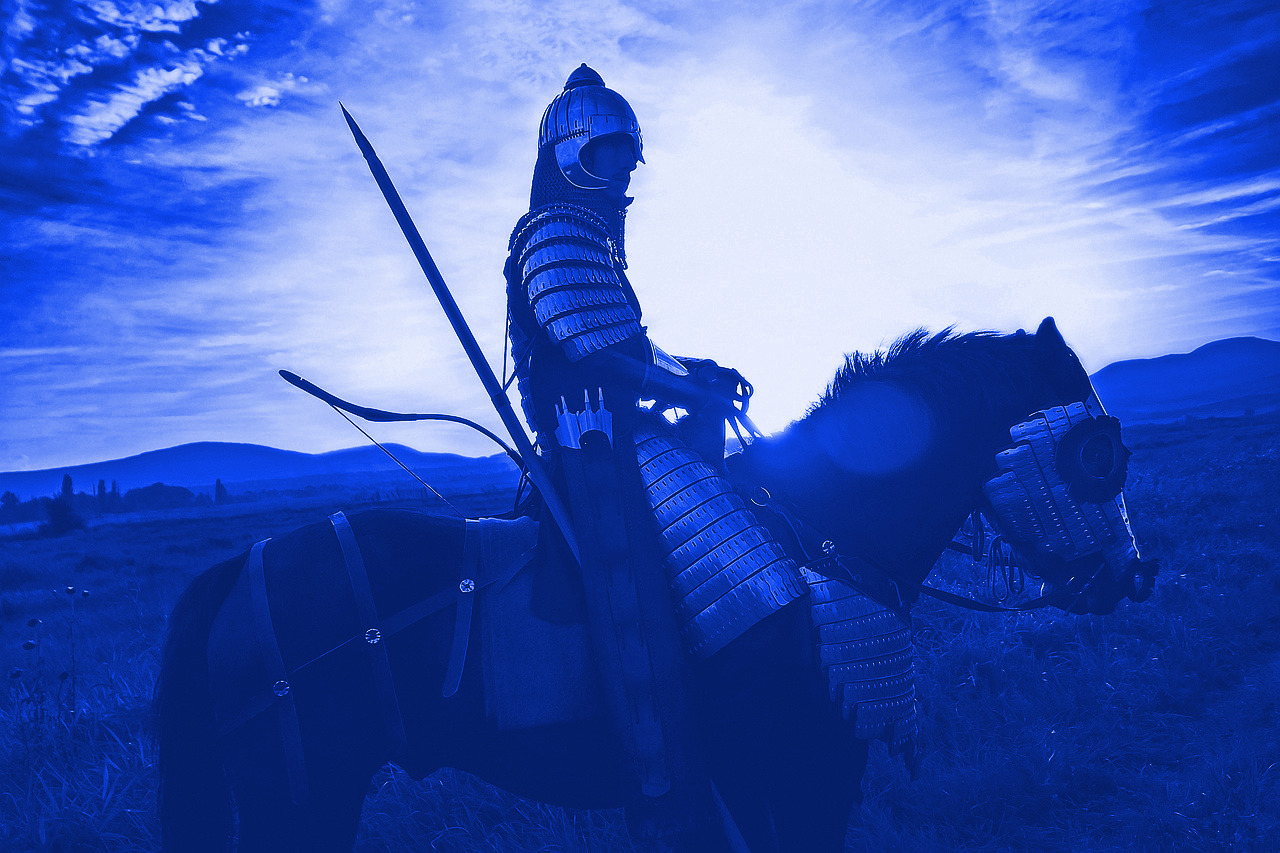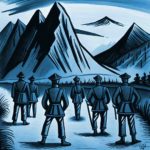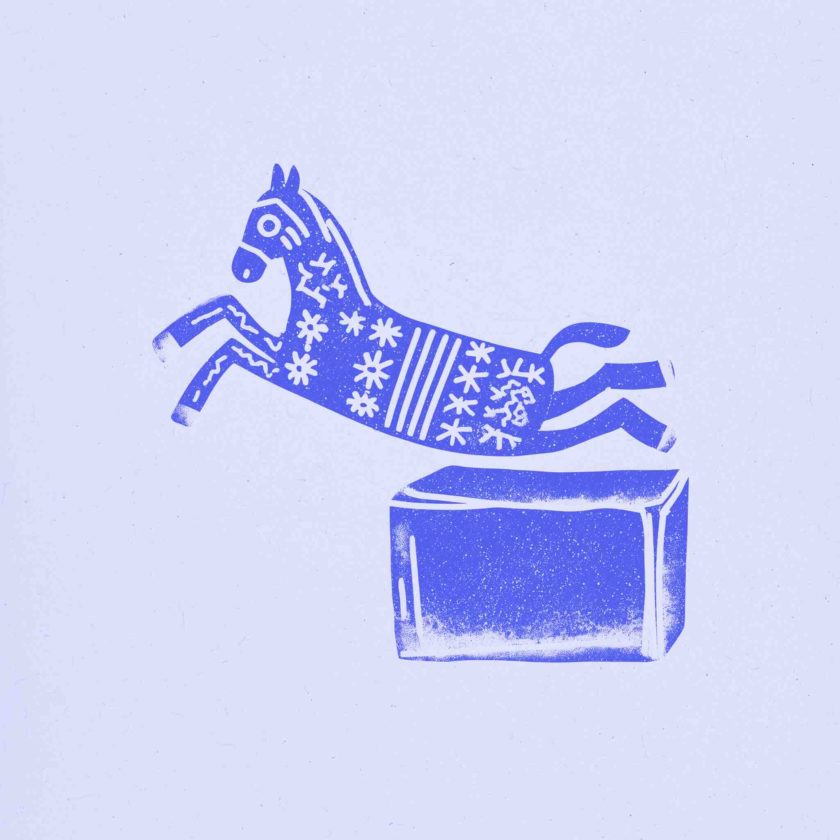Successful empires are those that know how to assimilate the best of the civilizations they subjugate
The Romans constituted a civilization of ingenious military men or engineers and soldiers who absorbed the knowledge gleaned here and there as they conquered. They knew how to integrate urbanism, social organization, Etruscan furnaristic rites (and so many other things, in French: https://fr.wikipedia.org/wiki/Apports_des_%C3%89trusques_aux_Romains), the pantheon and Greek philosophy, and in a more anecdotal way they took for example the Gallic paragnathide (an element used to protect the cheeks, or even a part of the neck, on certain types of helmets) and the Iberian sword to make of them essential elements of the equipment of the legionary. The Arabs did the same, they made Persian poetry and architecture characteristic elements of their civilization in the medieval period. Similarly, they incorporated Indian (the zero is an Indian discovery) and Greek mathematics (whose texts were available in the Baghdad library) to use them to their advantage. As such, through arms and trade, empires were built and improved through a certain plasticity, allowing innovation to take root and flourish within them. The decline of empires is often linked to a rigidification of their constitutive elements, making creation impossible, as well as the abandonment of the elementary principles that had been the reasons for their initial domination (e.g. the Roman army turning into an army of mercenaries when one of the reasons for its original success was citizen conscription).
Can we draw any personal lesson from this observation?
Without a doubt. When we observe the people around us, we can always admire one or more traits that can animate a desire to emulate. This admiration is noble because it is the mark of our humility, our openness and our disposition to progress. It is also a testament to our ability to see the beauty that surrounds us. This infatuation with the beauty that lies dormant or shines through raises the question of our own beauty. By seeing the qualities in others, we are able to question our own merits and this allows us to enter into a dynamic aimed at bridging the gap that separates the qualities of others from our own. Without an observant eye and a propensity for change, we risk declining like all the empires that have failed in this task.





